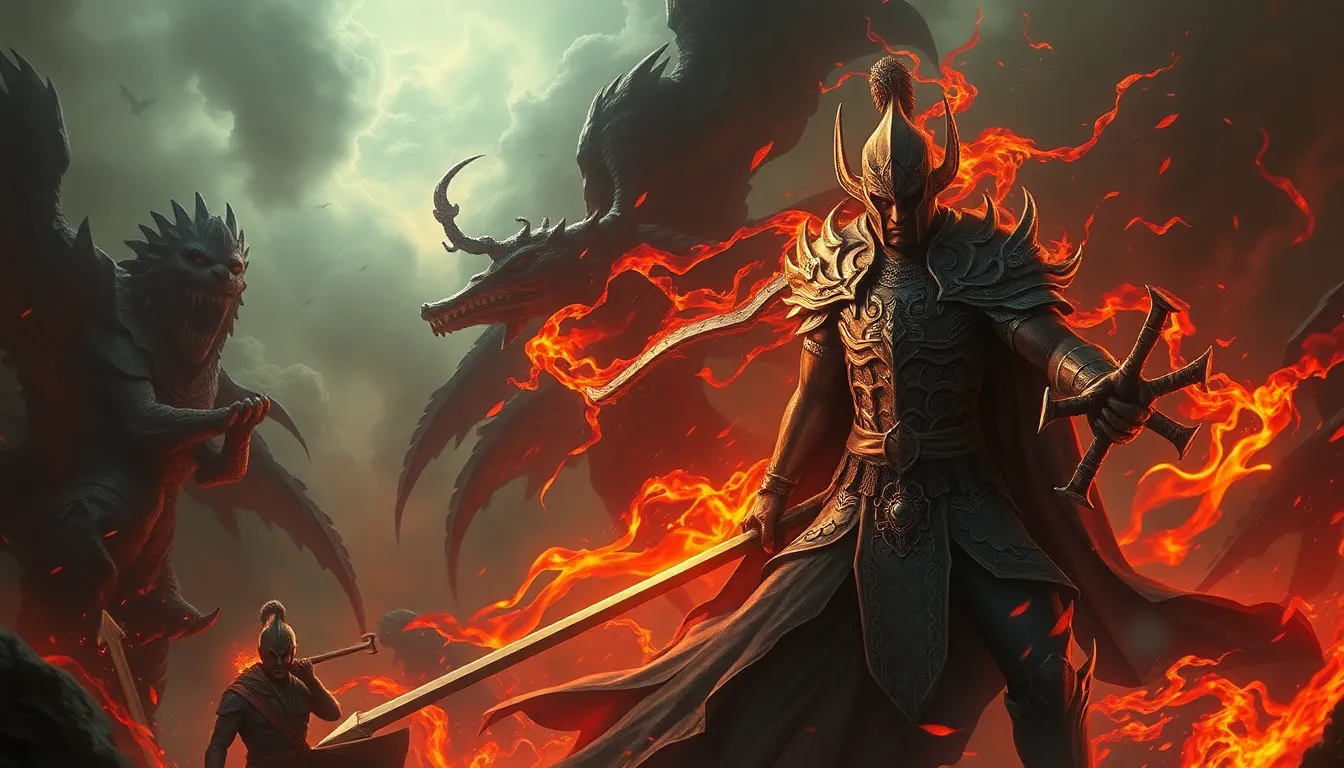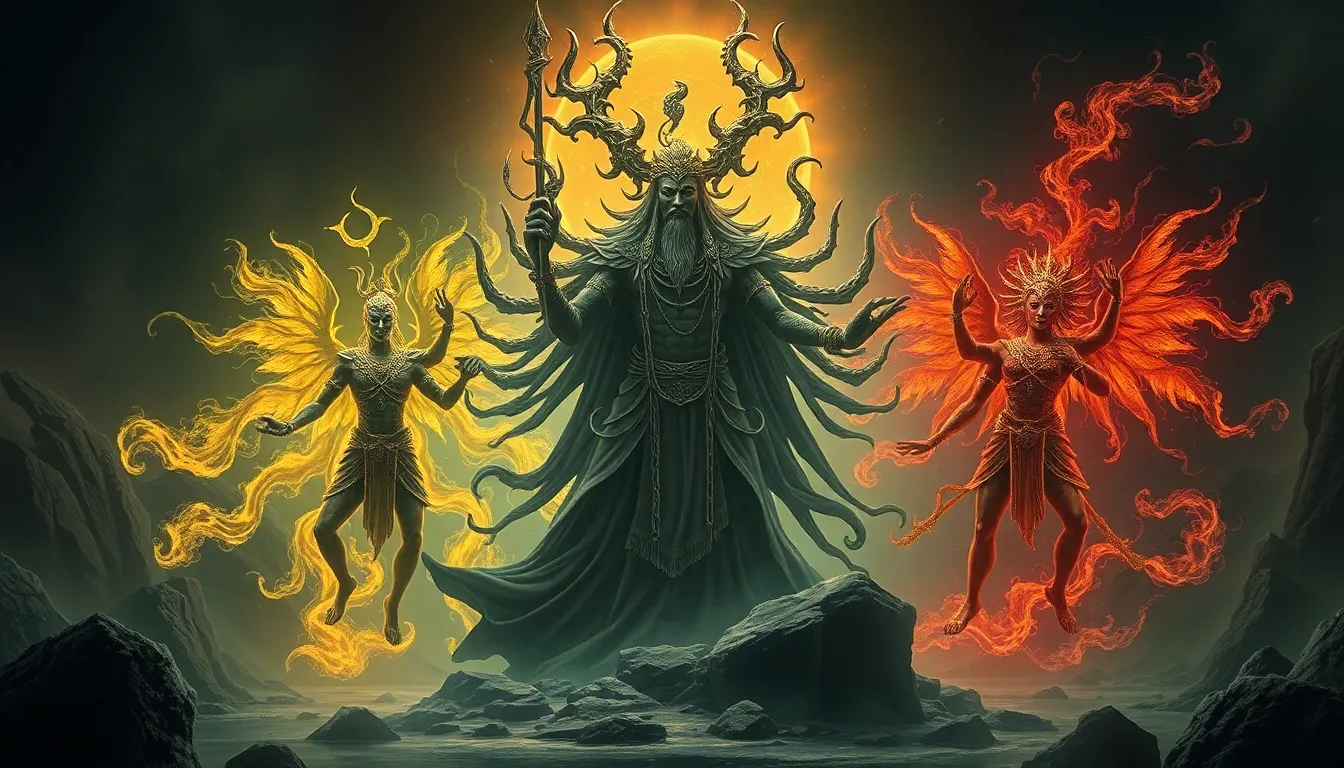The Myth of the Great Protector: Morality in Defense
Introduction: Understanding the Concept of the Great Protector
The term “Great Protector” has been used throughout history to describe individuals, nations, or ideologies that present themselves as defenders of the weak or oppressed. This concept often intertwines with the moral justification for military actions and defense strategies, positing that the act of defense is not only a political necessity but also a moral imperative.
In both historical and contemporary contexts, the Great Protector has been envisioned as a benevolent force, tasked with maintaining peace and stability. However, the reality is often more complex, as the intertwining of morality and defense can lead to varied interpretations and consequences.
Historical Perspectives on the Great Protector
Throughout history, numerous figures and nations have claimed the mantle of the Great Protector. These include:
- The Roman Empire: Often justified its expansionist policies by claiming to bring civilization and safety to barbaric lands.
- The British Empire: Positioned itself as a protector of weaker nations through its colonial endeavors, often under the tagline of the “White Man’s Burden.”
- Modern Superpowers: Countries like the United States have adopted the role of global protector, particularly after WWII, often intervening in conflicts under the guise of defending human rights.
Each of these examples showcases how the narrative of the Great Protector has been utilized to legitimize actions that may otherwise be viewed as aggressive or imperialistic.
The Moral Justification for Defense: A Double-Edged Sword
The moral justification for defense can be examined through various philosophical lenses:
- Just War Theory: This theory posits that wars can be morally justified under certain conditions, such as self-defense or the protection of innocent life.
- Pacifism: Opposes war and violence, advocating for peaceful resolutions to conflict.
- Realism: Suggests that moral considerations are secondary to national interest and power dynamics.
These philosophies often conflict, resulting in a complex relationship between perceived moral righteousness and public support for military actions. When a nation frames its military interventions as morally justified, it can garner significant public backing, even in contentious circumstances.
The Role of Propaganda in Shaping the Great Protector Myth
Governments and institutions frequently use propaganda to promote the narrative of the Great Protector. This can take various forms:
- Wartime Propaganda: During conflicts, states emphasize the moral imperative of their actions, portraying their enemies as threats to humanity.
- Peacetime Propaganda: In times of peace, the narrative may focus on humanitarian efforts and peacekeeping missions to maintain the protector image.
Examples of this can be seen in the U.S. government’s portrayal of its interventions in the Middle East as efforts to liberate oppressed peoples, often overshadowing the complex realities on the ground.
The Ethical Dilemmas of Humanitarian Interventions
The concept of humanitarian intervention introduces significant ethical dilemmas, particularly concerning state sovereignty versus the responsibility to protect (R2P). This principle asserts that when a state fails to protect its citizens from mass atrocities, the international community has an obligation to intervene.
However, this raises critical questions:
- Is it ever justifiable to violate a nation’s sovereignty?
- What happens when interventions lead to unintended consequences?
Case studies such as Libya, Syria, and Rwanda illustrate these dilemmas, where interventions initially aimed at protecting civilians resulted in complex and often disastrous outcomes.
The Consequences of Misplaced Morality in Defense Strategies
The unintended consequences of military interventions can be severe. These consequences often include:
- Increased civilian casualties and suffering.
- Destabilization of regions, leading to power vacuums and further conflict.
- Long-term resentment towards the intervening powers, often fueling future hostilities.
Such outcomes challenge the very premise of the Great Protector, as the moral justifications for intervention are undercut by the reality of their aftermath.
The Great Protector in the Age of Technology
In today’s world, advanced military technology has transformed traditional defense strategies. The use of drones and cyber warfare introduces new ethical considerations:
- Drone Warfare: While touted for precision, drone strikes often result in collateral damage and raise questions about accountability.
- Cyber Defense: The ethical implications of cyber warfare and the protection of civilian infrastructure are increasingly relevant in today’s geopolitical landscape.
The morality of defense in this technological age necessitates a reevaluation of the Great Protector narrative, as the implications of these new methods can differ significantly from traditional combat.
Public Perception and the Myth of the Great Protector
Public opinion plays a crucial role in shaping and being shaped by narratives of defense morality. Factors influencing this perception include:
- The portrayal of conflicts in media and popular culture.
- The impact of social media on information dissemination and the mobilization of public sentiment.
As narratives spread, they can reinforce or challenge the myth of the Great Protector, influencing political discourse and policy decisions.
Alternatives to the Great Protector Mentality
Given the complexities and pitfalls associated with the Great Protector narrative, exploring alternatives is essential. Some potential approaches include:
- Diplomacy: Engaging in dialogue to resolve conflicts peacefully.
- Peacebuilding: Fostering local and international efforts to create sustainable peace.
- Non-violent Conflict Resolution: Utilizing methods like mediation and negotiation to address grievances.
- International Organizations: Strengthening the role of entities like the United Nations to promote collective security and responsibility.
These approaches offer pathways to address conflicts without resorting to military intervention, promoting a more stable and ethical framework for international relations.
Conclusion: Reevaluating the Great Protector Myth
The examination of the Great Protector myth reveals the intricate relationship between morality and defense. As history demonstrates, the narrative can be employed for both noble and questionable purposes, often leading to unintended consequences.
In light of these complexities, it is crucial to adopt a more nuanced understanding of morality in defense. This reevaluation can inform future policies, encouraging a shift towards diplomacy, peacebuilding, and collective security to foster a more stable and just world.



